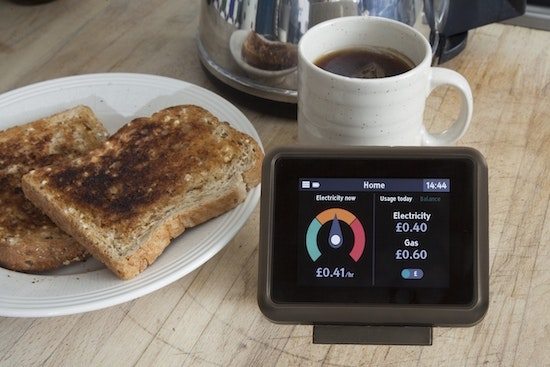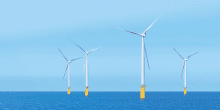In my last post, I wrote about how we would be more inclined to fight climate change if we focused on an immediate threat we could see: pollution. However, acting to reduce consumption only on obviously polluted days is just not enough to make a meaningful dent in UK emissions. In reality, the air in all but the most densely populated urban areas of the country is mostly clean. Given this, we need to be more proactive than reactive, working to lessen our energy usage on a daily basis. But, as usual, each time we read an article on climate change and turn off a lightbulb somewhere in our home, we’ll have forgotten the whole thing an hour later.
This is where motivational science comes back in – to answer the question of how we can keep ourselves focused day-to-day. An obvious response might be “money.” If we show people how much money they are saving per month when they reduce their usage, they will change their behaviours to meet those goals. Unfortunately, energy is so cheap that any change is really inconsequential to our budgets. However, research from a number of behavioural psychologists such as Inside the Nudge Unit author David Halpern leads us to another potential answer: feedback, and lots of it.
Imagine this: instead of using a speedometer in your car, you get a monthly printout of your average speed for the past four or so weeks. You would only have a vague sense of when you were speeding, and would probably end up going faster a lot more frequently. It’s hard not to, with no immediate feedback on the dashboard. This is how we use electricity in our homes – blindly. We have very little sense of how much electricity our devices use. Sometimes, we even forget that certain things use electricity; according to the American energy.gov site, disconnected phone chargers require 0.26 watts while chargers connected to fully-charged phones use 2.24 watts.
So, what should we do? Luckily, energy companies are rolling out smart meters that show live displays of energy usage. Even better, every home in the UK will be offered one (for free!) by 2020. All you need to do is to display it prominently. Then, you can begin challenging yourself in real time to reduce consumption.




Even better, if I got a carbon dividend payment going into my account each month then I could compare that with my monthly electricity and gas bills, knowing there’s a connection between those things, and that would give me an even greater incentive to reduce those bills, particularly if those bills included in them a proportion of the costs of the damage my fossil fuel usage was doing to the planet.
Thanks for this, Chris. But I don’t think you would say energy is so cheap if you saw the annual cost of our heating oil! Consumption of oil is always offset by how cold we are. Though after the first year of living in this house, we quickly learned to live with 18 degrees instead of 21, shutting doors, putting up thick curtains, etc.